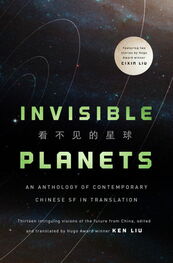“Where does the current in the coil originate from?” Huabei asked with renewed curiosity.
His guide explained. “The Earth’s core provides us with powerful and abundant electric energy, the very energy that gives us the Earth’s magnetic field. We used a Core Ship to drag cabling made from that new solid material around the Earth’s core. The cables form more than a hundred immense loops, each one made of more than a thousand miles of cable. Using these loops, we harness the Earth’s electric current and gather it in the tunnel’s coil. Using this, we fill this part of the tunnel with a powerful magnetic field. Our suits’ shoulder pads and waists are equipped with two super-conductive coils that produce an electric current directly opposed to that of the tunnel’s magnetic field. That is what gives us our thrust.”
Continuing to accelerate, they quickly approached the end of the tunnel. As they did, the walls again began to glow red.
With excitement in her voice, his guide almost shouted out of his headphone: “We are now going at almost ten miles per second, fast enough to escape Earth’s gravity! We are about to be fired from the Earth Cannon!”
They closed in on the Antarctic Terminal exit. The towering Core Train station above had long been dismantled, replaced with nothing but a sealed gate, covering a simple opening right up into the sky.
As they approached, their headphones loudly announced: “Attention tourists. You are about to take today’s forty-third shot. Please confirm that you have donned your protective goggles and earplugs; without them you may suffer permanent vision and hearing loss.”
Ten seconds later, the sealed gate slid aside with a loud hiss, revealing the mouth of the tunnel 30 feet in diameter. Air rushed into the vacuum of the well with a sharp scream. A giant plume of flame shot out the tunnel’s mouth with a massive bang, its glare drowning out the dim light of the low-hanging Antarctic Sun. Instantly, the sealed gate slid close again, the tunnel’s air pumps roaring to life. Soon they had removed all the air that had rushed into the tunnel during the three seconds that the gate had been open; then the cannon was ready for the next launch.
Looking up, the people on the ground could see two shooting stars, streaking upward, trailing tails of fire as they quickly disappeared in the deep blue of the Antarctic sky.
Huabei could never have imagined what rushing out of the tunnel would be like. Moving fast enough to leave everything a blur, he could only catch glimpses; the streaking red light glowing from the apparently infinite tunnel walls disappeared in the blink of an eye and he was in the blue of the Antarctic sky. There was no transition of any sort at all; the view switched like the image on a screen. With a jerk he looked down, only to see the Earth below his feet rush away. He could make out the Antarctic city and he watched it quickly shrink to the size of a basketball court. Looking back up, he saw the bright blue of the sky rapidly darken, like a screen fading to black. Turning his gaze back below, he now looked upon the long curve of the Antarctica Peninsula. Around it he could clearly see the ocean. He also saw the long tail of fire trailing behind him. Only then did he realize that his entire suit was wreathed in a thin sheathe of flames.
Looking over, he saw his tour guide flying next to him, some 30 feet away. Like him, she was surrounded by flames, and like him, she trailed a long fire tail. To him, she looked like some fantastic creature of living flame.
Immense air resistance was pressing down on his head and shoulders like the massive hand of a ruthless giant. As the sky darkened, this giant hand seemed to be conquered by an even greater force and the pressure slowly subsided. Looking down, he saw all of Antarctica. Huabei was pleasantly surprised to see that the continent had returned to white. In the distance, he could begin to see the curvature of the Earth and behind it, the rising Sun, its light scattering across the thin layers of the atmosphere conquering a beautiful glow, more wonderful than the most magnificent dawn. Again, Huabei looked up to see that the stars had appeared above his head. He had never seen them shine so brilliantly.
The fire around his body vanished as they shot out of the atmosphere. Now they floated in the tranquil calm of space. Huabei felt as light as a feather as the weight of the suit◦— his spacesuit◦— all but disappeared. It had obviously done its job admirably; the heat shielding that he now realized covered its surface was glowing with the ferocity of his escape from the Earth’s atmosphere, yet he felt comfortable.
Their rapid ascent through the air had rendered their communicators temporarily inoperable. Free of the Earth, their channel reopened and Huabei soon heard the pleasant voice of his guide.
“The drag of the atmosphere has somewhat slowed us, but we are still traveling at escape velocity,” she said. “We are now leaving Earth. Have a look over there.”
Huabei followed her pointing finger to the Antarctic Peninsula unimaginably far below. Just then he saw a flash from where he guessed the Antarctic Terminal had to be. Following it, he could see a shooting star rise from the peninsula, trailing fire. As it left the atmosphere, its flame also disappeared.
“That was a spaceship launched by the Earth Cannon. It will take us back,” his guide explained. “At any given time there are five or six ‘shells’ in the barrel of the Earth cannon. Like that, it can shoot a ship into space every eight to ten minutes. For us, taking a spaceship has become no more of an inconvenience than taking the subway.
“The great migration of industry began twenty years ago and during the most active period of launches, the Earth Cannon often accelerated twenty or more shells at once, firing one ship every two or three seconds,” she told him. “Back then, the spaceships shot into the sky like a never-ending shower of meteors. Humanity met the call of its destiny; it was truly magnificent!”
At that moment, Huabei spotted many fast moving stars, standing out in the brilliant, motionless star field surrounding them. It was immediately apparent that these moving stars were orbiting the Earth. On closer inspection, he was able to make out some of their shapes; some were round, others cylindrical, but the shapes of the vast majority of these objects were complex and irregular. In the pitch black of space, they looked like brilliant ornaments.
“That is Baosteel,” his guide said, pointing at a luminous ring. She continued pointing toward various other bright dots. “Those are Sinopec, although they of course no longer deal with oil. Those cylinders are the European Metallurgy Association. These over there are power stations that gather solar energy and supply the Earth with electricity via microwaves. The glowing part is only their control center; we can’t see their solar panels or the transmission array from here…”
Huabei was intoxicated by the sights. Looking at the azure Earth below, tears began to well up in his eyes. Then and there he fervently wished upon all the stars, still and moving, that every single person who had ever worked the Antarctic Doorstep, living and dead, could all see this. He especially thought of one person, a girl eternally young in his mind’s eye.
“Did they find my granddaughter?” he asked.
“No, we lack the technology to probe the depths of the Earth’s core. It is a vast region and we have no way of knowing where the iron-nickel flow has carried her,” his guide answered solemnly.
“Can we use neutrinos to send images of what we are seeing to the Earth’s core?” Huabei asked.
“We already are,” his guide replied. “I believe that she can see it all.”
Читать дальше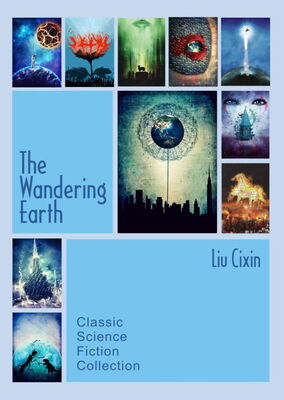
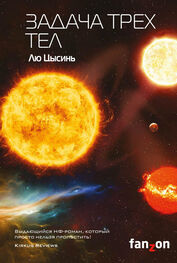
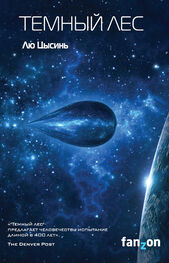
![Лю Цысинь: Эпоха сверхновой [litres]](/uploads/posts/books/393110/lyu-cysin-epoha-sverhnovoj-litres-cover.jpg)
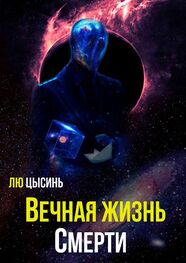
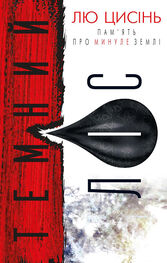
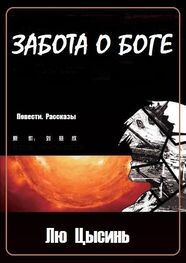
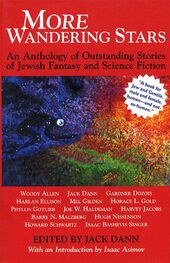
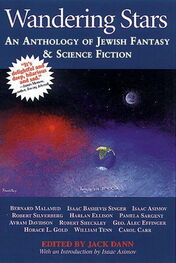
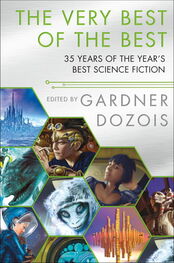
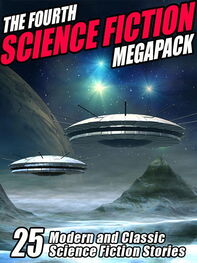
![Майкл Суэнвик: Tales of Old Earth [A collection of short-stories]](/uploads/posts/books/388351/-cover.jpg)
